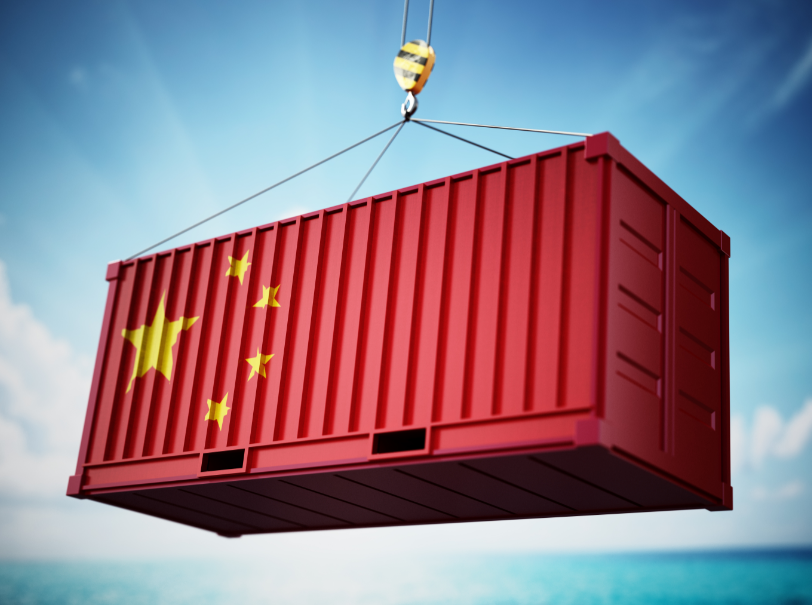
EU leaders are in Beijing today (7 December) for the first in-person EU-China summit since the pandemic.
The delegation from Brussels, led by European Council president Charles Michel and European Commission president, Ursula von der Leyen, are reported to be raising concerns over the size of the trade deficit between the EU and China, which last year reached €400bn.
High hopes but low expectations
The opening formalities of the summit saw both sides making positive, diplomatic noises without playing down existing tensions.
Despite the EU taking a strong stance in advance of the meeting, the diplomatic language is a marked improvement from last year’s virtual summit, described shortly afterwards by the EU’s foreign affairs chief, Josep Borrell, as a “dialogue of the deaf”.
Chinese state media reported that President Xi told the European delegation in opening remarks: “As the two major forces promoting multipolarity, the two major markets that support globalisation… China-EU relations are related to world peace, stability, and prosperity.”
For her part, von der Leyen told Xi that while China remains “the EU’s most important trading partner”, there are currently “clear imbalances and differences that we must address”.
She added that “we both recognise the importance of de-risking and strengthening the resilience of our economies”.
High-value manufacturing
According to a report in the FT, the EU is particularly concerned about the amount of Chinese state backing for manufacturing, in particular high-value and advanced manufacturing and green infrastructure projects.
Totemic of this concern is the vexed issue of state backing for the manufacture and export of electric vehicles (EVs). In September the EU launched an investigation into China’s support for its EV makers, amid signs of a massive surge in imports of Chinese vehicles.
Ukraine
Another potential area of tension at the summit is China’s unwillingness to offer any condemnation of Russia’s invasion of Ukraine. While it has stated that it respects Ukraine’s sovereignty and has called for the cessation of hostilities, it has also condemned the enlargement of NATO.
The EU would like to see it go further and condemn the invasion but there’s little expectation of that happening, let alone being an outcome from this summit.
Moody’s blues
Elsewhere, the FT reports that staff working in China for rating agency Moody’s were advised to work from home over safety concerns, following their employer’s downgrading of its view of the Chinese economy.



